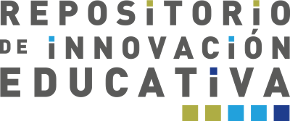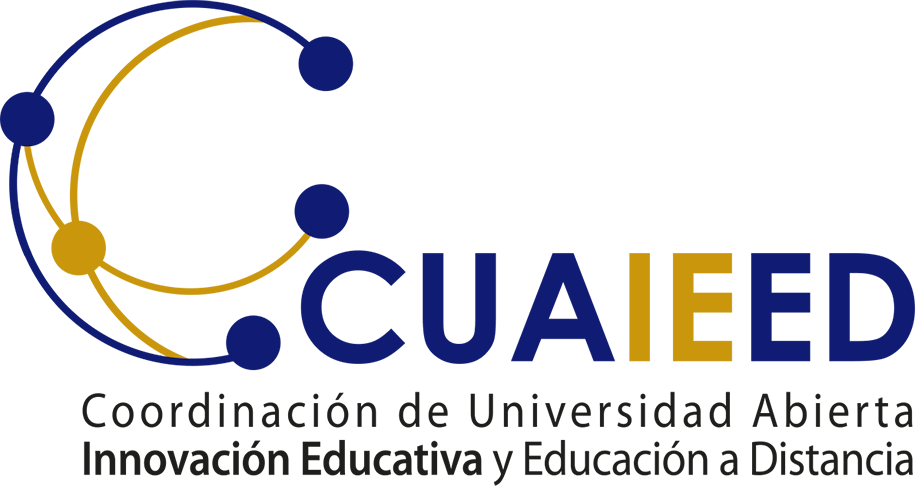Por favor, use este identificador para citar o enlazar este ítem:
https://www.innovacioneducativa.unam.mx:8443/jspui/handle/123456789/5471| Título : | Learning strategies: a synthesis and conceptual model |
| Autor : | Hattle, John Donoghe, Gregory |
| Fecha de publicación : | 2016 |
| Resumen : | The purpose of this article is to explore a model of learning that proposes that various learning strategies are powerful at certain stages in the learning cycle. The model describes three inputs and outcomes (skill, will and thrill), success criteria, three phases of learning (surface, deep and transfer) and an acquiring and consolidation phase within each of the surface and deep phases. A synthesis of 228 meta-analyses led to the identification of the most effective strategies. The results indicate that there is a subset of strategies that are effective, but this effectiveness depends on the phase of the model in which they are implemented. Further, it is best not to run separate sessions on learning strategies but to embed the various strategies within the content of the subject, to be clearer about developing both surface and deep learning, and promoting their associated optimal strategies and to teach the skills of transfer of learning. The article concludes with a discussion of questions raised by the model that need further research. There has been a long debate about the purpose of schooling. These debates include claims that schooling is about passing on core notions of humanity and civilisation (or at least one’s own society’s view of these matters). They include claims that schooling should prepare students to live pragmatically and immediately in their current environment, should prepare students for the work force, should equip students to live independently, to participate in the life of their community, to learn to ‘give back’, to develop personal growth. 1 In the past 30 years, however, the emphasis in many western systems of education has been more on enhancing academic achievement—in domains such as reading, mathematics, and science—as the primary purpose of schooling. 2 Such an emphasis has led to curricula being increasingly based on achievement in a few privileged domains, and ‘great’ students are deemed those who attain high levels of proficiency in these narrow domains. This has led to many countries aiming to be in the top echelon of worldwide achievement measures in a narrow range of subjects; for example, achievement measures such as PISA (tests of 15-year olds in mathematics, reading and science, across 65 countries in 2012) or PIRLS (Year-5 tests of mathematics, reading and science, across 57 countries in 2011). Indeed, within most school systems there is a plethora of achievement tests; many countries have introduced accountability pressures based on high levels of testing of achievement; and communities typically value high achievement or levels of knowledge. 3 The mantra underpinning these claims has been cast in terms of what students know and are able to do; the curriculum is compartmentalised into various disciplines of achievement; and students, teachers, parents and policy makers talk in terms of success in these achievement domains. Despite the recent emphasis on achievement, the day-to-day focus of schools has always been on learning—how to know, how to know more efficiently and how to know more effectively. The underlying philosophy is more about what students are now ready to learn, how their learning can be enabled, and increasing the ‘how to learn’ proficiencies of students. In this scenario, the purpose of schooling is to equip students with learning strategies, or the skills of learning how to learn. Of course, learning and achievement are not dichotomous; they are related. 4 Through growth in learning in specific domains comes achievement and from achievement there can be much learning. The question in this article relates to identifying the most effective strategies for learning. In our search, we identified >400 learning strategies: that is, those processes which learners use to enhance their own learning. Many were relabelled versions of others, some were minor modifications of others, but there remained many contenders purported to be powerful learning strategies. Such strategies help the learner structure his or her thinking so as to plan, set goals and monitor progress, make adjustments, and evaluate the process of learning and the outcomes. These strategies can be categorised in many ways according to various taxonomies and classifications (e.g., references 5,6,7). Boekaerts, 8 for example, argued for three types of learning strategies: (1) cognitive strategies such as elaboration, to deepen the understanding of the domain studied; (2) metacognitive strategies such as planning, to regulate the learning process; and (3) motivational strategies such as self-efficacy, to motivate oneself to engage in learning. Given the advent of newer ways to access information (e.g., the internet) and the mountain of information now at students’ fingertips, it is appropriate that Dignath, Buettner and Langfeldt 9 added a fourth category—management strategies such as finding, navigating, and evaluating resources. But merely investigating these 400-plus strategies as if they were independent is not defensible. Thus, we begin with the development of a model of learning to provide a basis for interpreting the evidence from our meta-synthesis. The argument is that learning strategies can most effectively enhance performance when they are matched to the requirements of tasks (cf. 10 ). |
| URI : | http://132.248.161.133:8080/jspui/handle/123456789/5471 |
| ISSN : | 2056-7936 |
| metadata.dc.identifier.url: | https://www.nature.com/articles/npjscilearn201613.pdf |
| metadata.dc.type: | Artículo |
| Aparece en las colecciones: | Meta-análisis y revisión sistemática |
Ficheros en este ítem:
No hay ficheros asociados a este ítem.
Los ítems de DSpace están protegidos por copyright, con todos los derechos reservados, a menos que se indique lo contrario.


